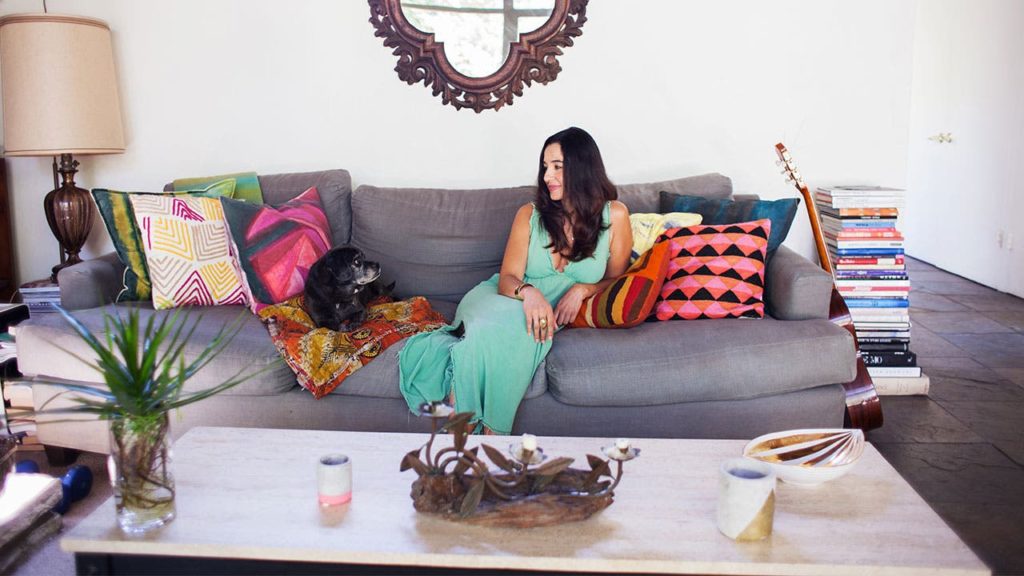So, she bought a house …

Single women are independently buying houses at a faster clip than single men. Single, female buyers accounted for 18% of homebuyers in the US. 17% of first-time home buyers and 18% of repeat home buyers were single women, while 7% of first-time home buyers and 8% of repeat buyers were single men.
The median age of these single, female, first time homebuyers is 34, while the median age of single, female repeat buyers is 60. Single women and men are both more likely to purchase a townhome or condo than a married couple, and single women, more than any other household composition, cited the convenience to friends and family as an influencing factor in their neighborhood choice, at 50%.
- Don’t buy a too-big house. Aim for a mortgage payment no more than 25% of income.
- Think hard about your future housing needs.
- Find a neighborhood you can trust.
- Buy a Fixer-Upper, or learn to fix things.
- Shop around and negotiate for mortgage rates.
Anticipate Future Needs When Buying a Home
A single woman home buyer has a tougher challenge if she goes house shopping, because women are under tremendous pressure to figure out their lives at a younger age. Women have to figure out by their mid-20s to mid-30s if they want children, or not. And those choices will shape the ideal house.
If you’re a single mom, or plan to be one, and imagine in a year or three you’ll prefer a suburban yard or school district. An older single mom may have two children’s bedrooms one year, two empty bedrooms the next.
Also, buyers should think carefully about the time costs of their commute. The stress of commuting may outweigh the suburban benefits of a larger house and a yard.
If you don’t see yourself living in your house for at least five years, consider renting until you figure things out. The financing costs and fixed costs of buying and selling a house are too high otherwise.
Sales or transfer taxes, realtor commissions, and other costs make the transaction costs extremely high for quickly buying and selling houses.
Find a Neighborhood You Can Trust
Get recommendations from your realtor, family and friends.
Here are some of the things you should learn about the neighborhoods you are interested in:
- Talk to neighbors about the neighborhood before you buy. Get the vibe. Visit at all hours, day and night.
- Look for crime data. The city will have information, and web sites like Trulia.com have neighborhood crime maps. If it’s an issue, talk to crime watch and even the police until you’re satisfied you’ll have a safe nest for yourself and whomever, whenever you add to it.
- Consider bringing a trusted friend or family member along on the house hunt, or your uncle who can eyeball the old furnace. This is one of the most emotional decisions of your life. It helps to have another pair of eyes.
Be Conservative: Don’t Buy a Too-Big House
If you find your ego trying to get you to buy a bigger house than you really need, remind yourself of the following benefits of owning a smaller house:
Fewer maintenance headaches. The more windows you have, the more potential leaks. The more wiring you have, the higher potential for fires, especially if you have old wiring. The larger the roof, the more costly it is to replace. The bigger the yard, the more time and money needed to maintain. The more customized your home, the harder it is to fix.
Quicker and cheaper to clean. Why spend hours cleaning your home when you can spend minutes? Why pay $500 to clean your home when you can pay $80.
Maximum utilization. If you live in a house with un-utilized rooms, after a while you’ll start feeling stupid having so much wasted space. This is partly the reason why empty nesters tend to downsize. Conversely, if you’re using each room every day, you will feel like you are getting the maximum amount of return for your money.
Fewer property taxes & more passive income. Property tax is a wealth tax that lasts forever, and with the price difference between the bigger house you want to buy and the smaller home you purchased, you can use that money to earn passive income.
Buy a Fixer Upper, or Learn to Fix Things
A fixer-upper only makes sense if you have the time, energy, and skills to do the work or enough money to pay contractors to do a good job.
Plug Your Financial Leaks Before You Buy
It can be daunting for a single woman to buy a house. It’s hard for anyone to come up with the down payment with one paycheck, heavy student loans repayments, auto loans, etc.
Shop for the lowest-cost loan. Lenders will compete for your business.
Pay off all your credit cards to reduce your income to debt ratio. This will make you a better mortgage applicant, and better able to handle the new roof and the other storms of homeownership.
